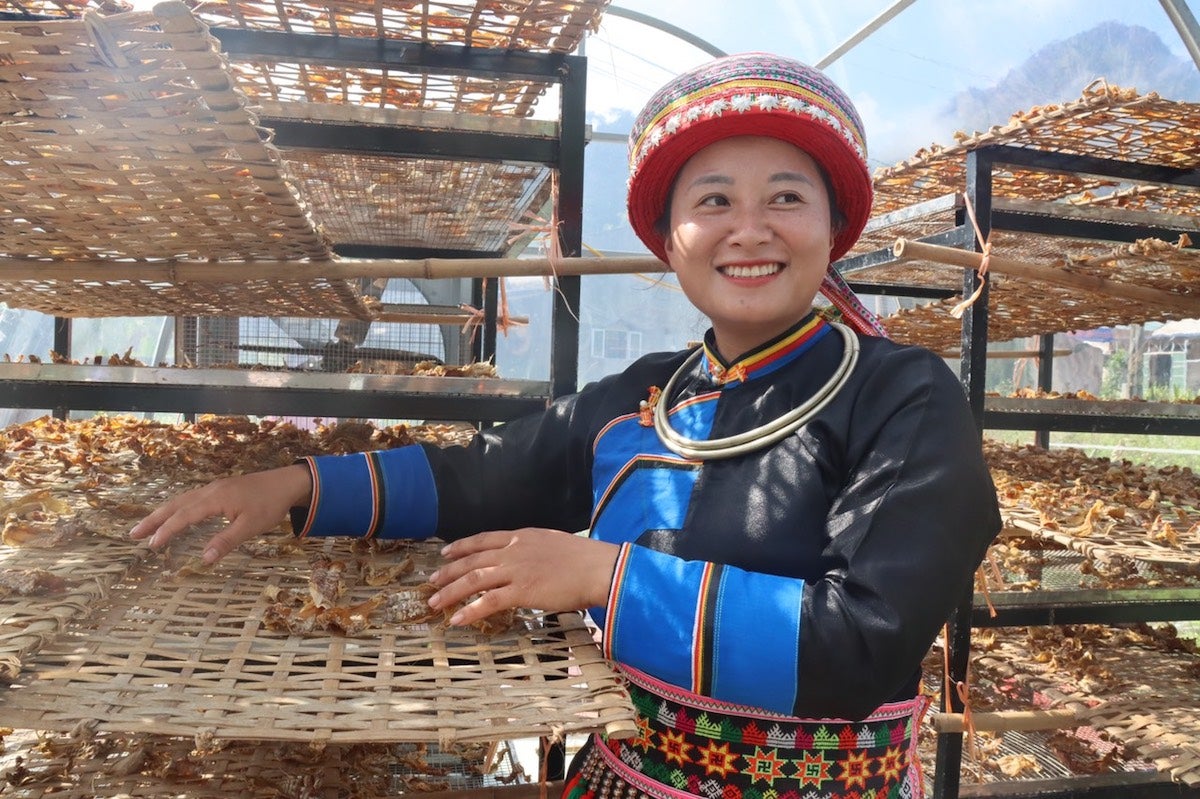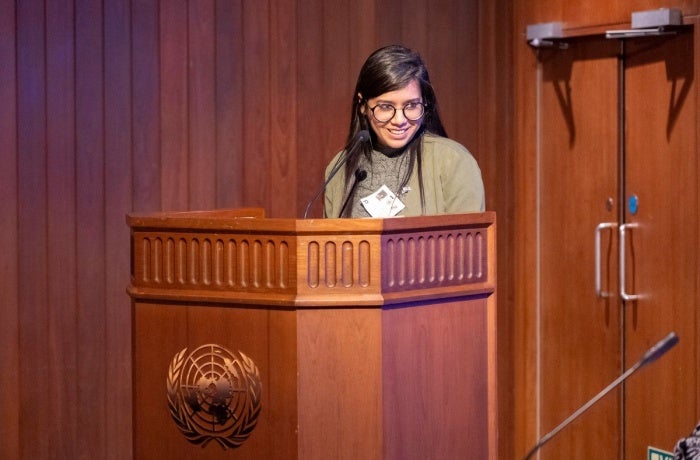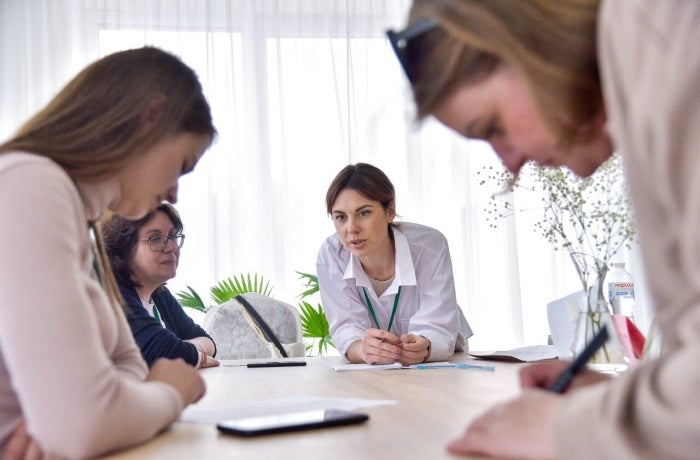Op-ed: Ramp up investment to support Asia-Pacific women to overcome climate disasters
Originally published by The Jakarta Post
The disastrous floods in Pakistan have proven, yet again, that our climate crisis disproportionately hurts women. Of the 33 million people affected, nearly 70 per cent have been women and children, according to the latest United Nations flash appeal. This is just one of the many accelerating, and devastating, climate impacts around the world.

Women face greater demands to care for their families because of social and gender norms, and these demands increase during and after climate disasters. Women spend more time than men gathering household fuel and water and face more barriers in accessing information and resources to prepare for, respond to and recover from disasters.
And they face heightened risks of gender-based violence after disasters. At the same time, women are critical leaders for climate action and their engagement and participation is essential to a better shared future.
As countries move away from fossil fuels towards a green economy, in line with the ambitions of the Paris Agreement, it is important that labour markets, economies and livelihoods of local communities do not suffer. For this, more investment is needed.
Climate action finance flows in 2020 fell at least US$17 billion short of the US$100 billion pledged to developing countries, according to the recent United Nations Environment Programme (UNEP) Adaptation Gap Report.
UNEP estimates that developing countries will need US$315-565 billion per year by 2050 for climate change adaptation alone. These investments can support building alternative livelihoods and protecting people’s income and food security from disasters. The cost is even higher if climate change mitigation measures are taken into account.
Transitioning to renewable energy not only has the potential to drastically reduce emissions but also to create employment opportunities and support climate-resilient livelihoods. According to the International Renewable Energy Agency, approximately 27 million jobs could be created in the renewable energy sector globally by 2030, of which 2.2 million could be created across Southeast Asia.
However, the energy transition must be just and grounded in human rights and gender equality. Environmental and social safeguards need to be in place within the just energy transition to ensure respect for human rights, especially indigenous rights and those of local communities and environmental human rights defenders. And one of the key elements of a just energy transition is ensuring that the workforce includes more women, as well as people from underrepresented and marginalised groups.
Diversifying the energy workforce is not only a question of equity and progress toward a just transition; it also allows the renewable energy sector to draw from a wider and deeper pool of talent.
A project on climate adaptation that shows the benefits of a just energy transition is EmPower: Women for Climate-Resilient Societies. The project is funded by the Government of Sweden and has been jointly implemented by UN Women and UNEP to build climate resilience in Asia and the Pacific, in particular in ASEAN and at the national level in Bangladesh, Cambodia and Viet Nam since 2018.
It has benefited more than 2,000 women and helped more than 400 women build climate-resilient livelihoods, creating a model that is ready to be scaled up and that has also channeled lessons learnt into policy discussions at local, national and regional level.
In Bắc Kạn, northern Viet Nam, 114 indigenous women started using solar drying systems to dry mushrooms, noodles and bamboo for their food production businesses. Their livelihoods used to depend on the vagaries of the weather and climate change—sudden rain could damage everything. Through the EmPower project, they have produced better quality crops and tripled their production within a year. They have also stopped using charcoal-fueled ovens, which previously required them to cut trees and collect wood.
In Chuadanga, a district in southwest Bangladesh, a number of women goat farmers have shifted from diesel to solar energy to pump water for livestock and agriculture. This gives them control over farming conditions, enabling more stable livelihoods for themselves and their families.
EmPower has engineered alternative livelihoods for vulnerable communities, reduced emissions through renewable energy, and sparked progressive changes to policies in the Asia-Pacific region. The recently launched ASEAN RE-Gender Roadmap can further guide countries, including Indonesia, to deliver renewable energy policies that consider gender equality at all stages.
There are excellent opportunities to scale up the lessons learned, and the approaches developed for a just energy transition. But financing is critical.
With political will, the 27th United Nations Climate Change Conference (COP27), in Egypt from 6-18 November, could help catalyze financing for an energy transition that meets the needs of women and marginalized communities.









